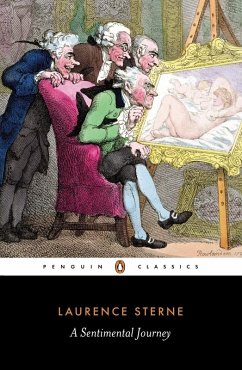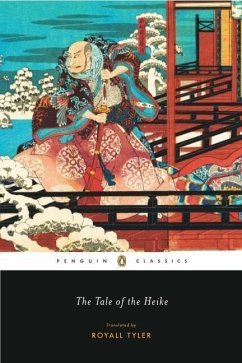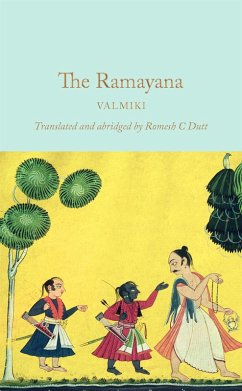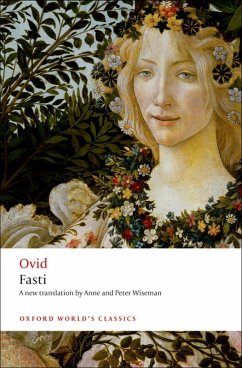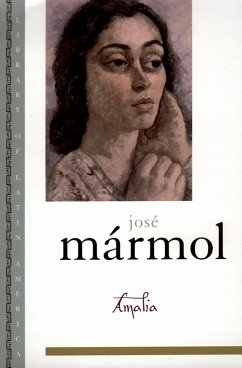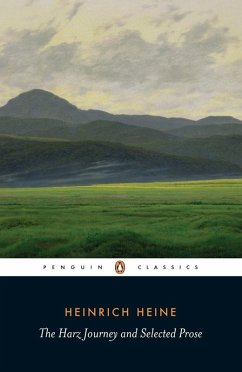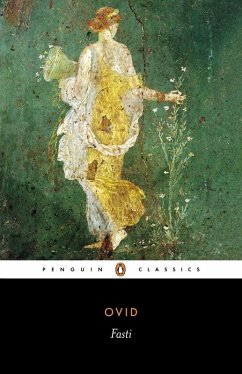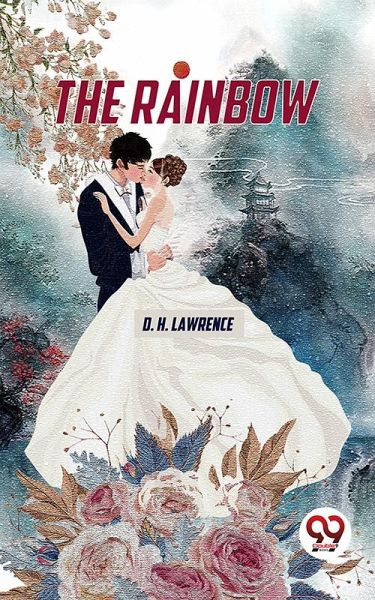
The Rainbow (eBook, ePUB)
Versandkostenfrei!
Sofort per Download lieferbar
0,99 €
inkl. MwSt.
Weitere Ausgaben:

PAYBACK Punkte
0 °P sammeln!
The Rainbow is a novel by D. H. Lawrence. The story is set in the English countryside and follows the lives of three generations of the Brangwen family. The novel explores themes of love, sexuality, family relationships, and societal norms. The novel begins with the courtship and marriage of Tom Brangwen and Lydia Lensky. Their marriage and family life are contrasted with the experiences of their daughter, Anna, who struggles with her own desires and societal expectations. Anna's relationships with both men and women challenge the traditional gender roles and expectations of her time. As the s...
The Rainbow is a novel by D. H. Lawrence. The story is set in the English countryside and follows the lives of three generations of the Brangwen family. The novel explores themes of love, sexuality, family relationships, and societal norms. The novel begins with the courtship and marriage of Tom Brangwen and Lydia Lensky. Their marriage and family life are contrasted with the experiences of their daughter, Anna, who struggles with her own desires and societal expectations. Anna's relationships with both men and women challenge the traditional gender roles and expectations of her time. As the story progresses, the focus shifts to Anna's daughter, Ursula, who also grapples with her own desires and the limitations placed on women in society. Ursula's relationships with several men, including the school inspector Rupert Birkin and the soldier Anton Skrebensky, serve as a vehicle for exploring the complexities of love and desire. The novel concludes with Ursula's decision to pursue her own dreams and ambitions, rather than conforming to societal expectations. The Rainbow is a powerful exploration of human relationships, sexuality, and the struggle for individual freedom in a traditional society. It remains a classic of English literature and a significant work in the literary canon of the 20th century.
Dieser Download kann aus rechtlichen Gründen nur mit Rechnungsadresse in A, D ausgeliefert werden.




